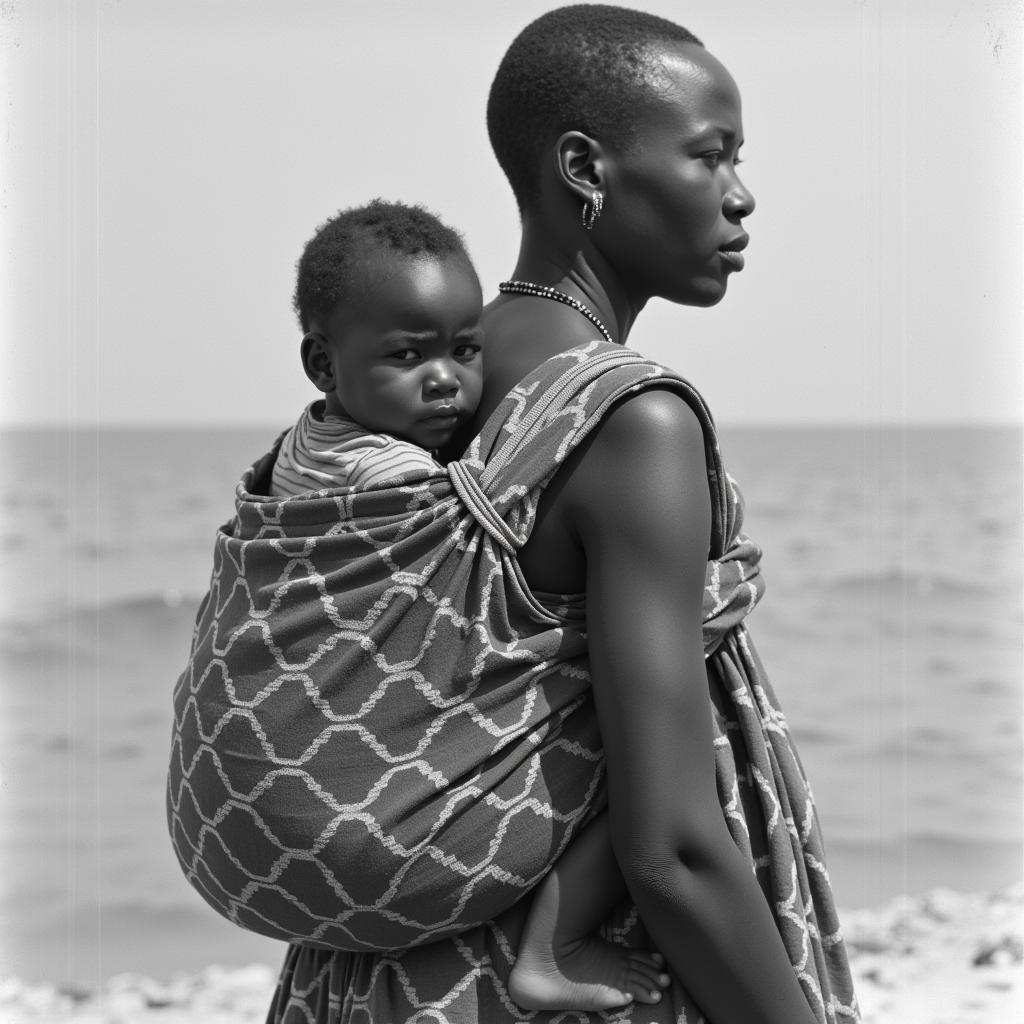African Countries and Their Capitals in Alphabetical Order
Knowing African countries and their capitals is essential for anyone interested in this diverse continent. Whether you’re a student, traveler, or simply curious, this comprehensive list provides a valuable resource. We’ll explore not just the names but also delve into the historical, cultural, and geographical significance of these locations.
Exploring African Nations and Capitals: A Comprehensive Guide
Africa, the second-largest continent, is a tapestry of vibrant cultures, rich history, and breathtaking landscapes. Understanding its political divisions, starting with the countries and their capitals, is crucial for navigating its complexity. This article offers a detailed alphabetical listing of African countries and their capitals, along with insights into their unique characteristics.
A Journey Through the Alphabet of African Nations
Let’s begin our alphabetical exploration of African countries and their capitals.
- Algeria – Algiers: Algiers, nestled on the Mediterranean coast, serves as a bustling hub of Algerian culture and commerce.
- Angola – Luanda: Luanda, a port city on the Atlantic Ocean, reflects Angola’s rich history and its growing economic importance.
- Benin – Porto-Novo: Porto-Novo, a historic port city, acts as the official capital of Benin.
- Botswana – Gaborone: Gaborone, a rapidly developing city, plays a central role in Botswana’s diamond industry.
- Burkina Faso – Ouagadougou: Ouagadougou, meaning “the place where people get honor and respect,” offers a glimpse into Burkina Faso’s unique cultural heritage.
- Burundi – Gitega: Gitega, located in the central highlands, provides a window into Burundi’s political landscape.
- Cabo Verde – Praia: Praia, located on the island of Santiago, embodies the spirit of Cabo Verde’s island nation.
- Cameroon – Yaoundé: Yaoundé, situated in the heart of Cameroon, represents the nation’s diverse ethnicities and landscapes.
- Central African Republic – Bangui: Bangui, a river port on the Ubangi River, plays a crucial role in the Central African Republic’s economy.
- Chad – N’Djamena: N’Djamena, situated at the confluence of the Chari and Logone rivers, reflects Chad’s strategic location in North-Central Africa.
“Understanding the location of capitals helps grasp the geopolitical dynamics of each nation,” says Dr. Anika Kito, a renowned African geographer.
Continuing Our Alphabetical Journey Through African Countries and Capitals
Our alphabetical exploration of African countries and capitals continues:
- Comoros – Moroni: Moroni, located on the island of Grande Comore, exemplifies the unique island culture of the Comoros.
- Democratic Republic of the Congo – Kinshasa: Kinshasa, a vibrant metropolis on the Congo River, plays a crucial role in the Democratic Republic of the Congo’s complex political and economic landscape.
- Republic of the Congo – Brazzaville: Brazzaville, located across the Congo River from Kinshasa, serves as the capital of the Republic of the Congo.
- Côte d’Ivoire – Yamoussoukro: Yamoussoukro, inland from the coast, stands as a testament to Côte d’Ivoire’s post-colonial development.
- Djibouti – Djibouti City: Djibouti City, a strategically important port on the Gulf of Aden, is vital to Djibouti’s economy.
“The capitals often serve as microcosms of the entire country, reflecting its cultural and economic heart,” notes Professor Kwame Asante, a leading scholar of African Studies.
Completing the Alphabetical List of African Countries and their Capitals
As we conclude our journey through the African alphabet:
- Egypt – Cairo: Cairo, one of the oldest cities in Africa, is a melting pot of ancient history and modern life. It serves as a vital center for North African culture and commerce.
- Equatorial Guinea – Malabo: Malabo, located on Bioko Island, represents Equatorial Guinea’s unique geography.
- Eritrea – Asmara: Asmara, known for its Italian colonial architecture, reflects Eritrea’s complex history.
- Eswatini – Mbabane: Mbabane, nestled in the Mdzimba Mountains, serves as Eswatini’s administrative center.
- Ethiopia – Addis Ababa: Addis Ababa, a bustling metropolis at high altitude, is a key diplomatic center for Africa.
“Each capital city has its own unique story to tell, reflecting the diverse landscapes and cultures of the continent,” observes Dr. Fatima Mboup, an expert in African urban development. You can find more about specific countries using the african countries and capitals list resource. For information on islands, check out african island near madagascar. If you’re interested in maps, you can find a good resource on the african republic map. The remaining countries and their capitals can be found on african contry listwith captitals. For financial institutions, explore african bank pretoria central.
Conclusion: A Continent of Capitals
This comprehensive overview of African Countries And Their Capitals In Alphabetical Order provides a valuable starting point for understanding the continent’s rich tapestry of cultures and complex geopolitical landscape. By exploring these key cities, we gain insights into the heart of each nation and its place within the broader African narrative. Remember, this is just the beginning of a journey of discovery. Continue your exploration to deepen your knowledge of this fascinating continent.
FAQ
- How many countries are in Africa? Africa comprises 54 recognized sovereign states.
- What is the largest country in Africa? Algeria is the largest country in Africa by land area.
- What is the smallest country in Africa? Seychelles is the smallest country in Africa by land area.
- Which African country has the largest population? Nigeria has the largest population in Africa.
- What are the official languages of the African Union? Arabic, English, French, Portuguese, Spanish, Swahili, and any other African language determined by the AU are the official languages.
Need further assistance? Please contact us at Phone: +255768904061, Email: kaka.mag@gmail.com Or visit us at: Mbarali DC Mawindi, Kangaga, Tanzania. We have a 24/7 customer service team.

